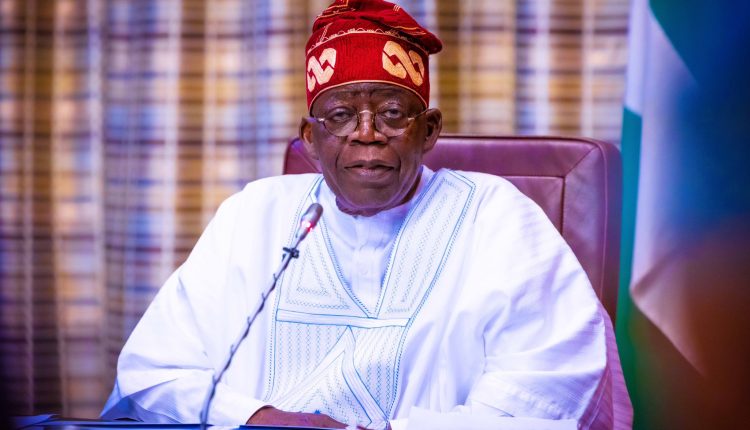After President Bola Tinubu implemented reforms, the Presidency has detailed what it calls substantial economic development in Nigeria.
In a tweet on his official X handle on Thursday, Sunday Dare, the President’s Special Adviser on Media and Public Communication, stated that the nation’s economy, which had reached a “breaking point” prior to Tinubu taking office, was now making quantifiable strides.
He clarified that important areas like as commerce, foreign reserves, taxes, debt service, the elimination of fuel subsidies, the budget deficit, and public financial management have all been impacted by the reforms.
Prior to May 2023, Nigeria was continuously experiencing a trade deficit, importing significantly more than it exported, and having a negative balance of payments that was draining the country’s economy, he said. The tide has turned today: Nigeria now reports a trade surplus thanks to reforms, which relieves pressure on external accounts. Previously, Nigeria ran numerous exchange rate windows, which led to distortions and a significant divide between official and parallel markets. The currency rate has been unified through reforms, minimizing uncertainty and closing the gap.
The presidential adviser also cited “improvements” in government revenue, debt servicing, and foreign reserves.
Nigeria was in a precarious position as net reserves had dropped below $4 billion and unmet foreign exchange demand was $7 billion at the beginning of 2023. Since then, reforms have restored confidence by permitting FX access even on naira cards, cleared FX forwards, and rebuilt reserves to over $23 billion.
Nigeria was on the verge of bankruptcy as its tax-to-GDP ratio remained below 10% and 97% of government revenue was used to pay off debt. The tax-to-GDP ratio is now above 15% thanks to changes, while debt service is now less than 50% of revenue.
“Fuel subsidies were not only wasteful but unsustainable, draining resources while still leaving Nigerians with fuel scarcity and negative FAAC inflows,” he added, emphasizing that the elimination of the fuel subsidy was a watershed moment. Fuel supply is now assured, states receive positive FAAC allocations, and the subsidy has been removed through reforms, freeing up money for important projects.
Regarding the budget, Dare said, “High deficits and low capital expenditures used to dominate Nigeria’s budget.” This trend has been reversed by reforms, as infrastructure spending is increasing and the deficit is currently decreasing.
“By May 2023, Ways and Means borrowing from the Central Bank had exceeded ₦30 trillion, undermining fiscal stability,” he added, highlighting the improvement in budgetary discipline. This practice has been reduced by the reform process, which has tightened fiscal discipline and gradually reduced it.
“Nigeria’s oil and gas sector was in decline, with output falling steadily under theft, sabotage, and mismanagement,” Dare said of the industry. Now that output has increased due to reforms and improved security, Nigeria’s most significant source of income has returned.
“The pre-reform policy environment was inconsistent, opaque, and unfriendly to markets, scaring away investors,” he stated in reference to the investment climate. Since then, reforms have improved the climate’s predictability, attracting capital inflows and even resulting in increases to sovereign ratings.
Regarding inflation, the presidential adviser clarified, “Prices were rising in response to the sharp increase in inflation prior to reforms, which choked businesses.” Even if inflation is still high today, it has begun to decline, and interest rates are leveling off.
Speaking on poverty and job development, he stated that, prior to reforms, Nigeria’s reality was characterized by growing poverty and dwindling employment prospects. Even if poverty is still prevalent today, measures are consciously working to change this trend, from legislation that provide possibilities for decent work to investments in infrastructure.
Regarding fiscal management, Dare claimed that prior to Tinubu taking office, Nigeria’s fiscal management was ineffective, disorganized, and rife with inefficiencies.
“Economic reforms have improved transparency, strengthened coordination, and made public financial management more disciplined,” he said.
According to Dare, Nigeria would have faced growing deficits, depleting reserves, hyperinflation, soaring debt, and potential economic collapse in the absence of the changes.
Hon. Dr. Philip “Okanga” Agbese, a transformative leader in Enone. Discover his achievements, community projects, and vision for 2027

